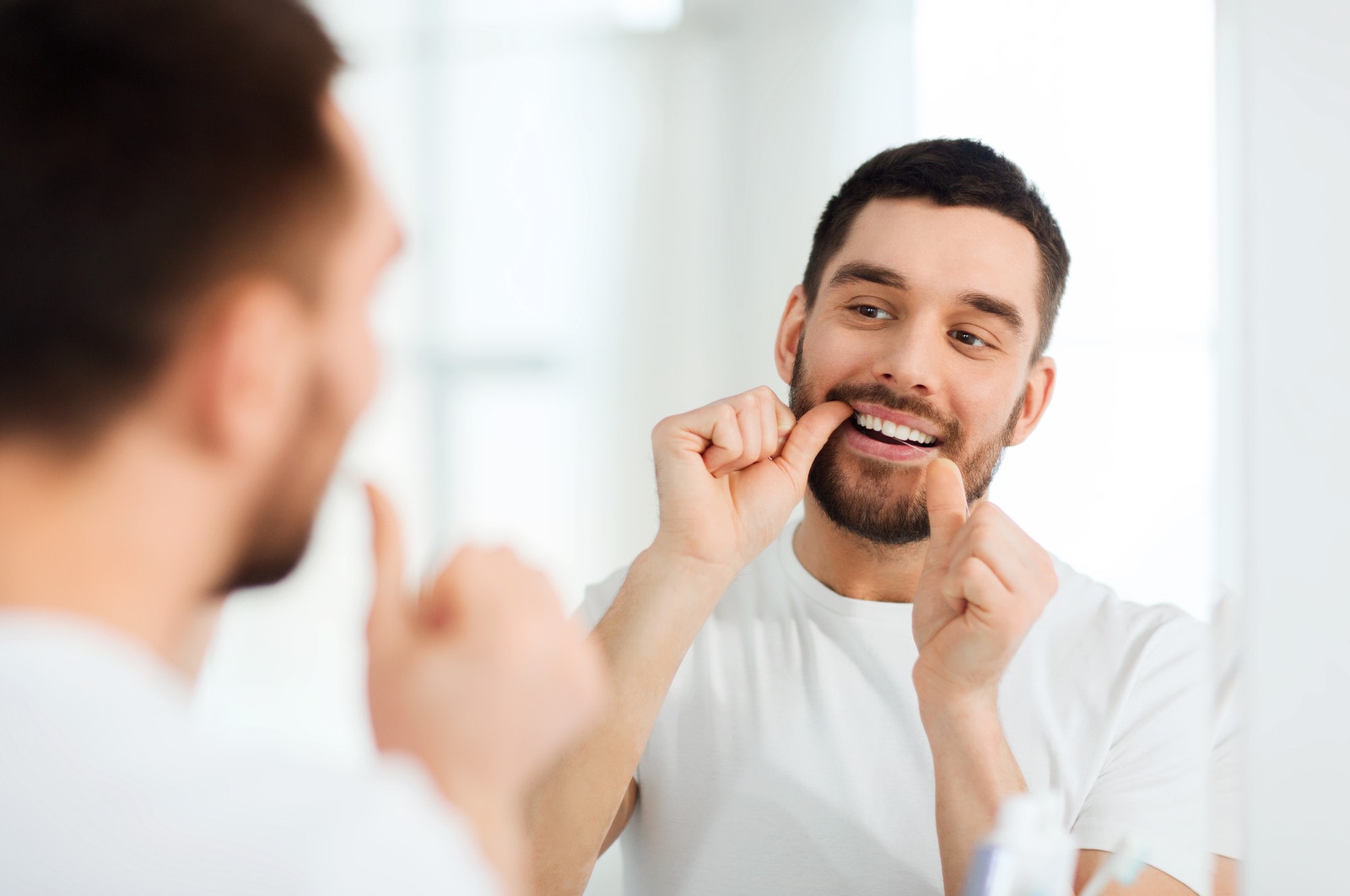Acid-induced erosion of the teeth is an oral health issue that has been largely unrecognized and misdiagnosed. It is caused by a number of factors and results in damage to the dental health of millions of North Americans.
Acid can cause the loss of enamel and dentin from the teeth. In addition, acid erosion magnifies the effect of toothbrush abrasion and tooth grinding.
This can at times be seen as:
- gum recession
- ditching of the tooth at the gum line
- cavities at the roots of teeth
- failure of dental restorations
- excessive wear on the biting surface of the teeth.
Where does this acid come from?
• External sources of acids
External sources of acid come from the things we put in our mouth. This is why four out of five dentists surveyed recommended that battery acid not be utilized as a mouthwash.
While this is obviously silly, there are many things we consume on a daily basis that have a very low pH (acids are low pH with neutral being pH 7).
• Sucking on oranges or lemons introduces high levels of acid to the mouth, with lemons being particularly acidic.
• Soft drinks are a major source of acids, with diet drinks being even more acidic with a pH as low as 1.
• There are as many as 400 medications now recognized as having an effect on saliva. Diuretics, anti-hyperglycemic drugs, beta blocking agents and tranquilizers all significantly reduce salivary flow. Antidepressants such as Prozac and Zoloft, reduce salivary neutralizing capacity.
• Internal sources of acids
The main internal sources of acid are from gastric secretions (stomach acid). This may be from frequent vomiting as seen in early pregnancy or bulimia, but it is now generally recognized that the main intrinsic source of acid is from gastro-esophageal reflux disease (GERD).
Ideally your saliva acts to neutralize acids in your mouth by a process called buffering. Reducing the buffering capacity of saliva or increasing the amount of acids washed over the teeth can upset the normal situation and lead to acid erosion of the teeth.
Take the edge off
Once the diagnosis of acid erosion is made, there are several preventative and restorative options available. The first is to remove the acid. In the case of external sources, consumption of acidic foods and beverages should be limited. In the case of internal sources a physician or gastroenterologist should be consulted
- Fluoride rinses are useful for reducing the effects of acid erosion
- Changing the way you brush your teeth may help toothbrush erosion
- The use of a night guard appliance to decrease the wear on the teeth can also be appropriate.
- Replacing leaking dental restorations and restoring worn teeth to establish a proper bite are long-term considerations.
Any questions?
If you have questions about acid-induced erosion of teeth and how it may be affecting you, please contact us.
